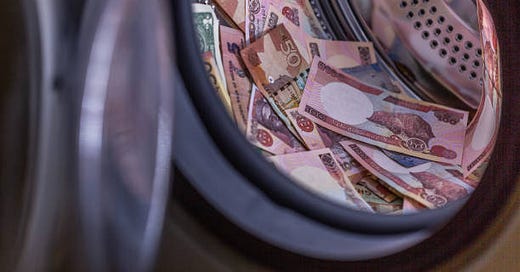In recent months, Nigeria has been grappling with the problem of naira scarcity and its impact on the economy. The absence of the naira notes significantly disrupted various sectors of the economy, including daily consumer transaction rates. Last October, the Central Bank of Nigeria (CBN) announced the redesign of the N200, N500, and N1,000 notes and moved to set January 31, 2023, as the deadline for people to spend the old banknotes.
However, the withdrawal of the old banknotes in January triggered a cash shortage in the economy, causing long queues in banks and ATM points as the new notes were hardly in circulation. The situation led to an increase in the demand for foreign currency, which cause a depreciation in the naira's value. Manufacturers have reported a severe decline of more than 25% in sales of locally made products as the cash crunch slowed economic activities.
The naira crunch has further impacted living standards and increased poverty levels. People's purchasing power has reduced amid surging inflation rates.
Join us on Wednesday, 29th of March, at 4 pm (WAT), @Ventures Africa’s Twitter Space to discuss The Ripple Effect of Naira Scarcity in Nigeria.


In a recent poll, we asked our audience about the most effective payment options for business owners or consumers in Nigeria and how the naira scarcity has impacted businesses and consumer spending. The results showed a growing trend towards digital transactions, with mobile transfers being the most preferred payment option. Also, the shortage of naira and the surge in digital transactions have had varying effects on personal spending and business operations, with some experiencing a decrease in customer patronage and others experiencing an increase.






